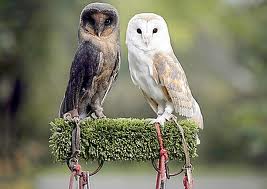The classic Disney animated movie, The Little Mermaid, is actually based on a classic novel by Hans Christian Andersen. It tells the story of how a princess of the mermaids wants to become a human after being smitten with the human prince whom she saved from drowning in the ocean. The evil sea witch Ursula grants her wish in exchange for her voice and tells her that she can only stay human if she receives a kiss of true love from the prince. She agrees and is turned into a human. The evil sea witch tries to stop this from happening, leaving it up to the princess to win the prince’s love and stay human forever.
Mermaids have always been a topic of legend and folklore, with most countries surrounded by water having their own version of the mystical creature. Mermaids typically come in the form of half man and half fish. Their upper bodies are like that of a human being, but they have fins like a fish. They live under the water and according to legend, lure boats into rocks with their beautiful voices. Many stories passed down by sailors talks about a seeing a beautiful woman in the middle of the sea and how she disappears if they get to close to her.
Many real animals actually do resemble the mermaid. For example, the dugong or the sea cow could look like a mermaid in dark waters. There have also been many stories of fishermen claiming to have captured a real mermaid, only to discover that what they caught were only uncommon species of fish. Whether they are real or not, stories about mermaids will always fascinate us. They are only one of the many mysteries of the world’s great oceans.
Mermaid Video


















































